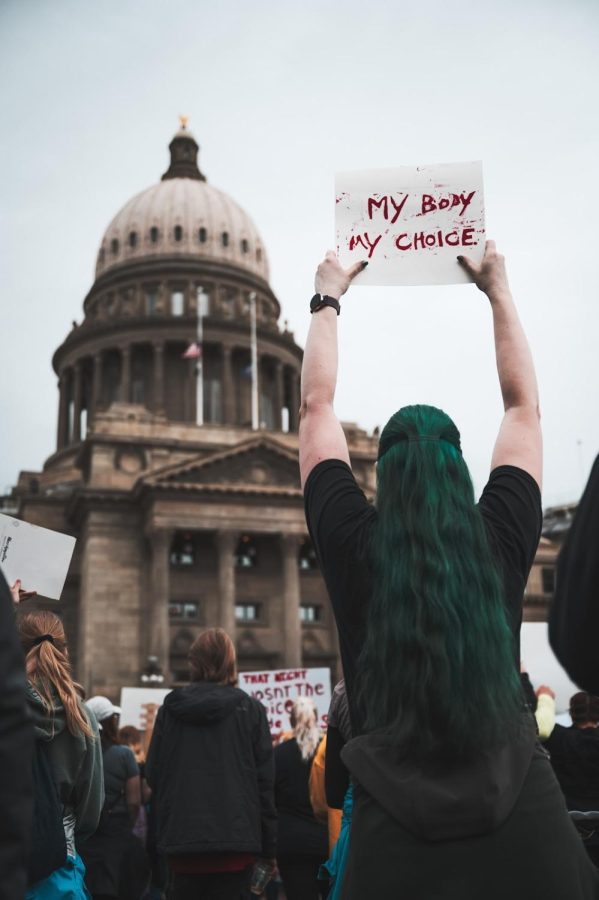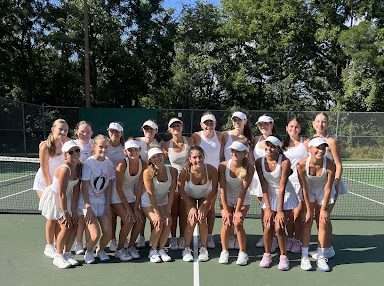Glenbard West students reflect on post Roe America
On June 24, 2022, the United States Supreme Court overturned Roe Vs. Wade, which was a decision that established a constitutional right to have an abortion in 1973. The decision to overturn (Dobbs v. Jackson Women’s Health Organization) was ruled 5 to 4 with Chief Justice John Roberts dissenting with the three liberal justices. The ruling would allow for individual states to decide their own laws on abortion. Before Roe was overturned, multiple states had enacted trigger laws that would completely ban abortion immediately after Roe would get struck down. The trigger laws were passed after a draft opinion from the court leaked in May of 2022 signaling that the 1973 ruling would be overruled.
For now in Illinois, abortion remains legal for all women up until fetal viability (around 22 – 24 weeks). A law that was passed in Illinois back in 2017 (HB 40) would ensure that abortion would still remain legal even if the Supreme Court were to Overturn Roe Vs. Wade. A Monmouth University poll was conducted after the ruling asking whether Americans agreed or disagreed with the ruling, and at least 60% of Americans disapprove of the court’s decision.
Since Roe Vs. Wade fell, Planned Parenthood now reports that a total of 13 states have completely eliminated access to abortion from the moment at conception. Many states that have banned abortion would now allow citizens to report or file a lawsuit against doctors that have provided women with abortions. Some states, like Texas and Oklahoma, could have doctors face life in prison and be charged with $100,000 fines if they perform an illegal abortion. Although, Oklahoma’s law does allow exceptions for rape or incest. But overall, every state in the US does allow exceptions for when it is needed to save a mother’s life.
West students are now reflecting upon this issue. Students were asked whether they agreed or disagreed with the ruling and why they felt that way. Students who disagreed with the court’s opinion mentioned that, “it’s a blatant attack on women’s rights” and “it’s going to hurt a lot of women in the US”. While students who support the court’s decision believe that, “every life should be held at an equal standard” and that “the fetus deserves to live a life”. While these interviews don’t show every students’ stance on the issue, it does show how open some students are in sharing their opinions on the ruling.
While the future of abortion in America is unknown, legislation from both state and federal government will be introduced to either challenge or push further restrictions. If you want to learn more about abortion laws in other states, you visit the Planned Parenthood website and see what restrictions each state has and what exceptions they offer.

Musa Ajmeri is a video editor for the Glen Bard. He is currently a Senior and has been writing articles for the Glen Bard since he was a freshman. His...








